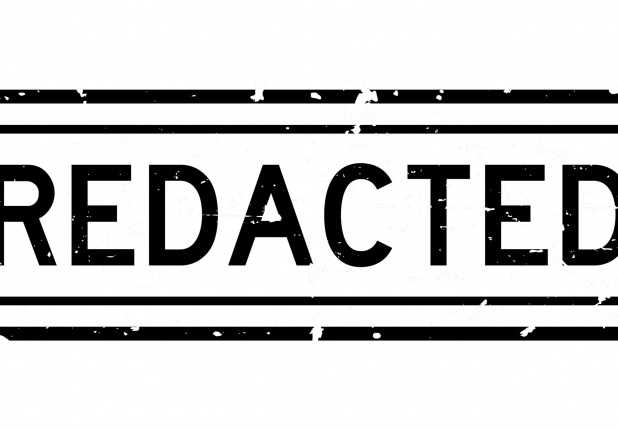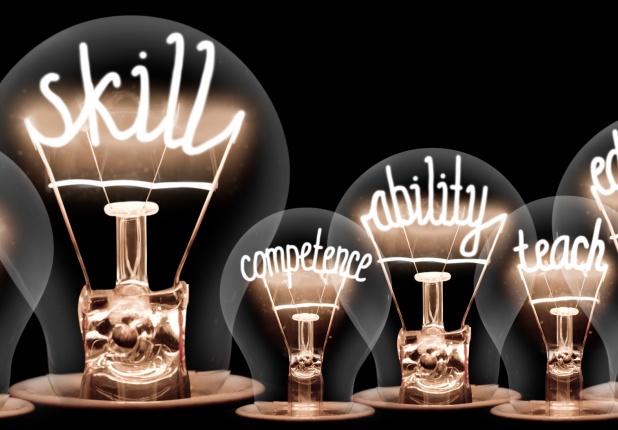Generative AI E-Discovery Tools and the Importance of Prompt Engineering
The explosion of LLMs (large language models) and other Generative AI tools designed to increase workplace efficiency and productivity has created a new lexicon of jargon and definitions. The term “Prompt Engineering” may be the most widely used new term to describe the method of using LLMs and Generative AI tools. Prompt engineering is the creation of text-based instructions or cues that a person uses to direct LLMs or other generative AI tools. These instructions are then interpreted by the AI tool. Learning to harness the power of e-discovery AI Tools like Relativity’s aiR for Review through prompts specifically constructed to produce the output you desire in your case can increase your efficiency. Implementing these prompt creation and iteration tips and tricks will help you use Relativity’s aiR for Review tool to more effectively to assist with litigation, document review, and deposition or trial preparation.






